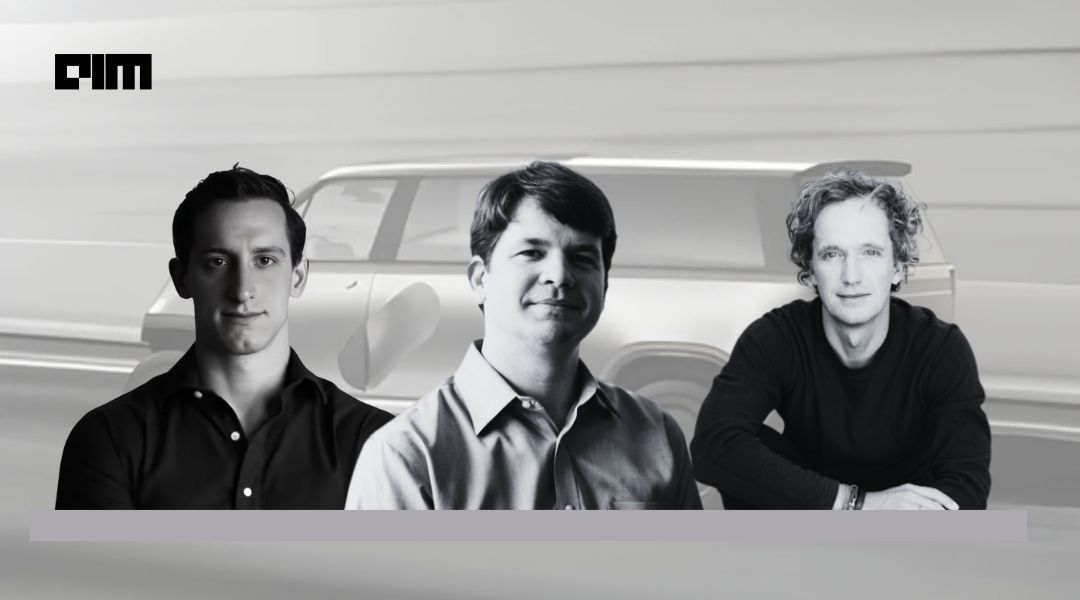Cities strain under congestion. Narrow lanes, tight parking, and frequent stop-and-go traffic make conventional large trucks inefficient and obstructive. Telo, a California startup founded by Jason Marks (CEO), Forrest North (CTO), and Yves Béhar (CCO), has introduced a different kind of pickup built for density rather than open roads. Recently, Telo announced that it has secured $20 million in Series A funding to build its MT1 electric mini-truck, aimed at urban environments.
The MT1 is designed to seat five adults and carry a five-foot bed, with an overall length of approximately 152 inches, comparable to that of a two-door Mini Cooper. In its long-range configuration, the truck offers about 350 miles on a full battery, enabled by a 106 kWh pack.
The vehicle combines compact dimensions with utility. Jason Marks explains, Telo’s “hyper-focus is on trucks for the downtowns of cities.”
Preorder demand has already reached about 12,000 reservations. At a base price of roughly $41,000, that figure represents more than $600 million in potential revenue if conversions proceed. The company plans an initial production target of 5,000 units per year through contract manufacturing rather than scaling production volume immediately.
Navigating Safety, Efficiency and Automation
Designing a small truck for city conditions requires attention to safety and durability. The MT1’s short front end draws scrutiny on crashworthiness, pedestrian protection, and structural integrity. Telo has allocated Series A funding to finalize the production-intent design and complete crash testing ahead of U.S. regulatory approval.
Efficiency is central. A compact structure reduces mass, yet real gains depend on electronics and control systems. Performance in dense traffic hinges on predictive maintenance, navigation, and collision avoidance. Telo’s website references “advanced safety technology” and “sensors to predict and classify collisions before they happen.”
Integration of artificial intelligence and machine learning enhances those functions. Sensor fusion combining radar, cameras, and potential lidar inputs enables sharper detection in crowded urban grids. Predictive battery analytics extend useful life, while routing algorithms adapt to congestion patterns. Vehicle diagnostics based on real-time data analysis inform maintenance cycles before breakdowns occur.
Jason Marks links technology with fiscal discipline. “Our whole ethos is, what does it take to get to unit profitability as quickly as possible.” He added, “If we can deliver just over half of the 12,000 reservations, we can hit unit profitability. Our strategy is about getting to profitability at low volume, not chasing 150,000 units a year.”
Telo maintains a lean workforce of about 25 employees and outsources specialized functions to partners. This structure reduces fixed costs while allowing the team to concentrate on design, engineering, and software integration.
Can It Shift the Urban Vehicle Landscape?
The electric truck sector has seen numerous ventures enter the market. Some struggled with regulatory hurdles, production delays, or capital constraints. Telo sets a narrower focus on city fleets, municipal operations, deliveries, and small businesses. The MT1’s dimensions and range figures position it for dense environments where maneuverability and cargo utility are valuable.
One partnership adds another dimension. Telo collaborates with Aptera to integrate solar panel kits for the roof, tonneau cover, and bed shell. Solar contributes auxiliary energy for on-board systems and reduces charging frequency during light-use cycles. While the panels support efficiency, the primary energy source remains the battery system.
Capital requirements for vehicle manufacturing are considerable. Telo’s $20 million raise is modest compared with larger EV truck startups that secured hundreds of millions. Costs tied to safety certification, supplier contracts, battery procurement, and warranty support remain significant across the industry. Telo aims to offset those demands by working within a smaller footprint and contracting production volume carefully.
Artificial intelligence and connected data continue to shape modern vehicles. Navigation in crowded city grids requires systems capable of interpreting road signs, cyclists, pedestrians, and unpredictable traffic flow. Predictive analytics enhance fleet operations by monitoring component wear and optimizing charging cycles. Collision-avoidance systems combine multiple sensors to anticipate hazards seconds before impact. These functions represent a growing share of the engineering value in electric vehicles.Yves Béhar frames the company’s vision in design terms. “I have great confidence in the TELO team as we build a future-proof vision for mobility. The MT1 proves that innovation can deliver smarter design, greater practicality, and uncompromised capability, shaping how we’ll all move tomorrow.”










